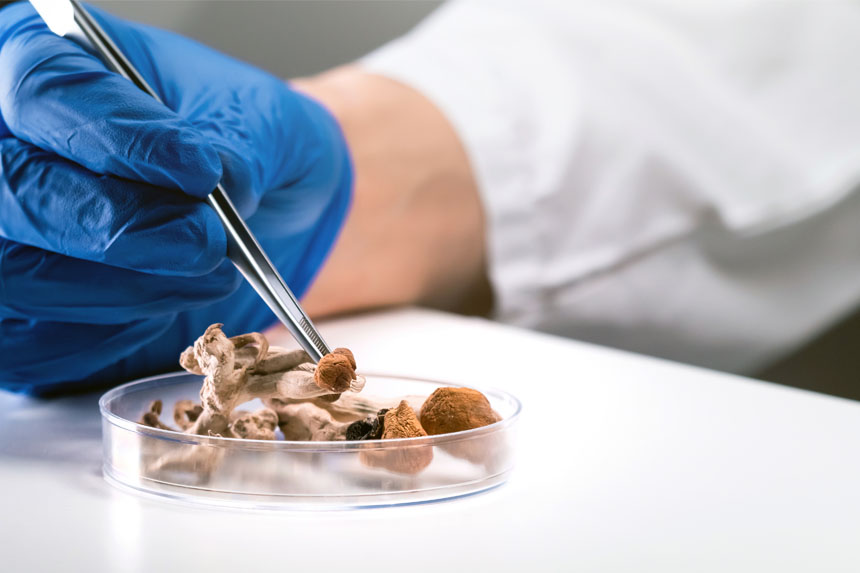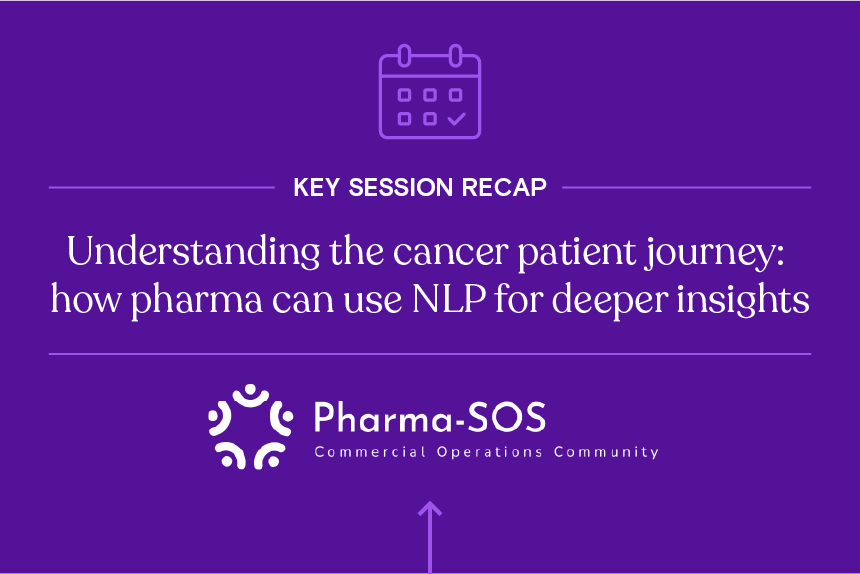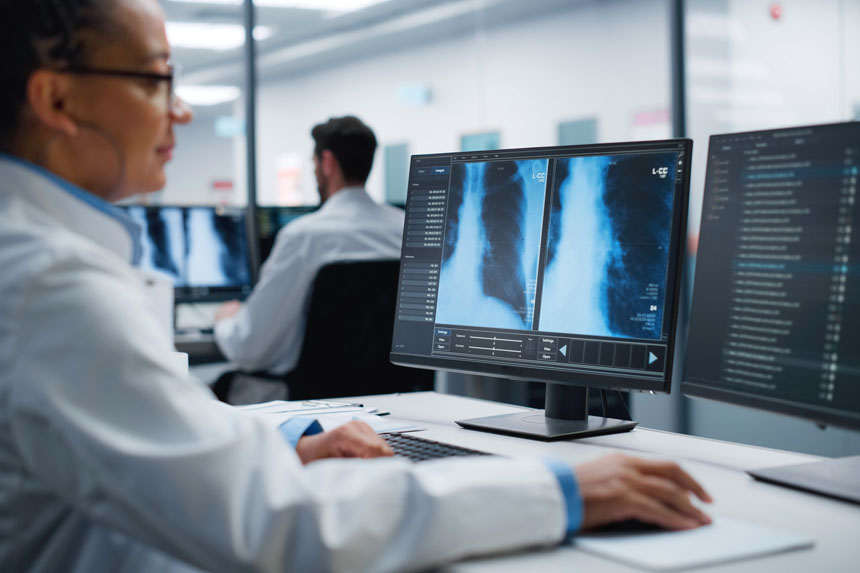Psychedelics are having a moment. Oregon’s landmark legalization of psilocybin, the rise of in-home ketamine therapy, and a surge of psychedelic clinical trials paint a picture of a shifting landscape. More than 50 public companies in the U.S. are developing psychedelic-like drugs, even though these drugs are illegal under federal law (save ketamine).
As the stigma around psychedelics recedes, researchers are exploring the promise of these drugs within broader treatment frameworks for not only mental health disorders like treatment-resistant depression but also for Parkinson’s disease, fibromyalgia, and even traumatic brain injury. Here’s a look at trends that could shape the psychedelics landscape in the years ahead.
Legal shifts in the U.S. signal a regulated psychedelics industry
Legal change has set the stage for growth in the psychedelics landscape. While psychedelic drugs are federally prohibited, they’re becoming accessible through a patchwork of state legislative reforms.
Oregon’s groundbreaking move to legalize psilocybin for therapeutic use has allowed the first psilocybin service centers to open their doors for business. To date, the Oregon Health Authority has licensed 39 service centers. Similarly, Colorado has decriminalized such drugs and set up a framework for a regulated industry. Starting late in 2024, the state will begin accepting licensing applications for “healing centers” offering psilocybin therapy.
This shift looks similar to what began decades ago with medical cannabis, but the changes are unfolding at a faster pace. According to a recent analysis published in JAMA Psychiatry, most states could legalize psychedelics by 2037 – raising some tough questions for the federal government. For example, will the Department of Justice enforce federal law against state-licensed psilocybin centers or just ignore them?
Current clinical trial landscape for psychedelic drugs
While the legal landscape evolves, many psychedelic therapy companies are trying to forge a path to access through regulatory approval. Lykos Therapeutics (formerly MAPS Public Benefit Corporation) is blazing the trail with a new drug application for MDMA, commonly known as ecstasy, in combination with therapy to treat post-traumatic stress disorder (PTSD).
It’s the first new drug submission of any psychedelic-assisted therapy, marking a pivotal moment in the field. If approved, it would also be the first new U.S. treatment for PTSD in over two decades. Currently, about 13 million U.S. adults (or 5%) have PTSD, and a third are resistant to existing treatments. The U.S. would not be the first country to make this move – that would be Australia, which allowed physicians to prescribe MDMA for depression and PTSD starting in 2023.
While all eyes are on Lykos/MAPS, it isn’t the only player in the space. Universities like John Hopkins, Yale, and the University of California, Berkeley are stepping into the psychedelic medicine arena, and over 50 public companies are actively developing psychedelic-based therapies. Hundreds of clinical trials are underway across the country. Below, we highlight U.S. trials for each psychedelic.
U.S. clinical trials for psychedelics
| Psychedelic drug | Not recruiting yet | Recruiting | Active, not recruiting | Completed | Total | Indications |
| DMT | 5 | 12 | 4 | 16 | 37 | alcohol use disorder, bipolar II disorder, cancer, chronic low-back pain, depressive disorder, distress, grief, fibromyalgia, generalized anxiety disorder, healthy, MDD, nicotine dependence, Parkinson’s disease, postpartum depression, stroke, treatment-resistant depression |
| Psilocybin | 15 | 35 | 15 | 25 | 90 | alcohol dependence, alcohol use disorder, amphetamine-related disorders, anorexia nervosa, anxiety, binge eating disorder, bipolar II disorder, body dysmorphic disorders, borderline personality disorder, MDD, burnout, cancer, chronic low-back pain, cluster headache, cocaine use disorder, depression, demoralization, distress, fibromyalgia, healthy, hospice, substance use disorder, migraine headache, nicotine dependence, OCD, opioid use disorder, Parkinson’s disease, perception disorders, phantom limb pain, PTSD, Lyme disease, tobacco use disorder, treatment-resistant depression, suicidal ideation |
| LSD | 2 | 6 | 2 | 13 | 23 | ADHD, anxiety, caregiver burden, chronic cluster headache, cluster headache, depression, demoralization, existential distress, fear of death, healthy, LSD reaction, MDD, palliative care, pain, prosocial behavior, psychological distress, quality of life |
| MDMA | 10 | 9 | 2 | 43 | 64 | amphetamine-related disorders, anorexia nervosa, binge-eating disorder, anxiety, cancer, MDD, bipolar disorder, autistic disorder, diabetes insipidus, healthy, mood disorder, OCD, PTSD, combat stress disorder, moral injury, social anxiety disorder, substance use disorders |
| Mescaline | 2 | 0 | 1 | 2 | 5 | healthy, lupus |
| Ketamine | 63 | 189 | 23 | 591 | 866 | abdominal cancer, abdominal pain, abscess, ACL injury, acute ischemic stroke, acute pain, acute suicidal depression, addiction, adjunctive treatment of MDD, ADNP syndrome, adolescent suicide, alcohol dependence, alcohol use disorder, anorexia nervosa, anxiety, arthritis, autism spectrum disorder, bipolar depression, bipolar disorder, bone fracture, burn, cancer, cannabis dependence, chronic cough, chronic daily headache, chronic low back pain, chronic neuropathic pain and fibromyalgia, COPD, chronic pain, cluster headache, cocaine dependence, cocaine use disorder, complex regional pain syndrome, critical illness, delirium, depression, drug resistant epilepsy, Duchenne muscular dystrophy, endometriosis, epilepsy, epileptic seizure, fibromyalgia, gastritis, headache, healthy, MDD, mood disorder, multiple sclerosis, neuralgia, neuropathic pain, obesity, OCD, obstructive sleep apnea, opioid dependence, opioid use disorder, pain, Parkinson’s disease, perceptual disorders, perinatal depression, postpartum depression, PTSD, schizophrenia, social anxiety disorder, stress disorders, suicidal ideation, terminal illness, tobacco smoking, tobacco use disorder, trauma, traumatic brain injury, treatment-resistant depression |
Fig. 1 – Data obtained from NIH ClinicalTrials.gov on January 11, 2024. ‘Healthy’ denotes patient trials with no disease indication or outcome but merely the effects of the drug itself. DMT: N, N-dimethyltryptamine; LSD: Lysergic acid diethylamide; MDMA: 3,4-methylenedioxymethamphetamine.
To support this wave of research, federal regulators are laying out new guidance for psychedelic clinical trials, including trial conduct, data collection, and subject safety, for substances seeking FDA approval. The Department of Veterans Affairs also signaled a historic policy shift by announcing it would directly fund studies of psychedelic compounds for treating mental health conditions. These actions underscore the therapeutic potential of psychedelics and will be instrumental in fostering the field’s expansion, driving more research and investment.
A thin pipeline for mental health treatment highlights psychedelic potential
The surge in psychedelics research is coming at the perfect moment for mental healthcare. Western psychiatry is facing a crisis of innovation. There hasn’t been a blockbuster drug since SSRIs arrived more than 30 years ago. Faced with high development costs, high failure rates, and a still-incomplete understanding of the underlying pathophysiology, a once booming therapeutic sector has seen drug pipelines shrink and big pharma retreat.
Yet, the urgency for faster-acting, longer-lasting, and better mental health treatments has never been higher. The U.S. is grappling with a record number of suicide deaths and an opioid epidemic that killed more than 79,000 people in 2022. About 30% of people who’ve been diagnosed with major depressive disorder (MDD) don’t respond to current treatments. The limitations of today’s psychiatric medications have created a void that psychedelics could potentially help fill.
However, our hope for psychedelic-assisted treatments should be grounded in science, not hype. The fervor surrounding psychedelics shouldn’t eclipse the need for rigorous research and responsible development. Only through a balanced approach can we unlock the potential of these drugs and bridge the gap between the promise of innovation and the critical need for better mental healthcare.
Discover the latest trends shaping the healthcare landscape
Want to know what else is on the horizon for the healthcare industry? You can check out our overview of the top nine trends that could shake up the industry in 2024. Or, sign up for a free trial to get the latest, real-world healthcare data, from patient volumes and provider prescribing habits to industry M&A news. You can also discover the millions of medical and scientific experts investigating innovative treatments like psychedelic medicines through our healthcare commercial intelligence platform.





